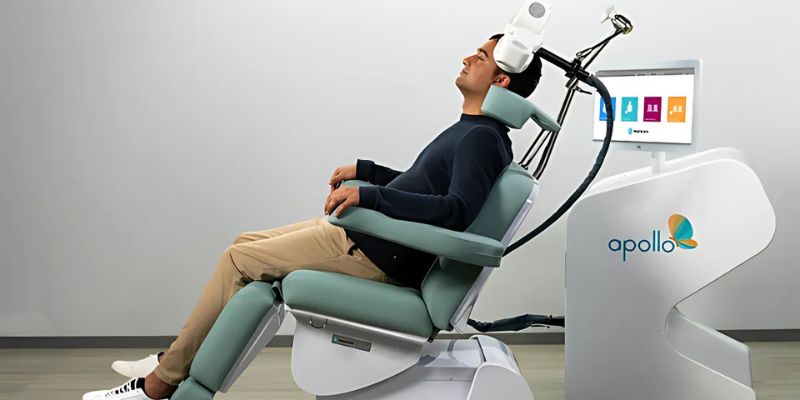Understanding Depression Treatment Options
Depression is a complex psychological state that affects people differently. Antidepressants were traditional first treatments, but not everyone responds positively to them. Transcranial magnetic stimulation therapy (TMS) has proven to be an alternative, especially for those who have not found palliative treatment.
What Is TMS Therapy?
TMS was approved by the FDA for treatment-resistant depression in 2008 and is usually administered for 4-6 weeks, five days a week. Patients can remain awake during the session and immediately resume daily activities.
Efficacy Comparison
Studies have shown that TMS is effective, especially for those who do not recognize relief from traditional antidepressants. For example, the group received by TMS was shown to be significantly lower after 8 weeks of treatment than the group receiving the medication during the same period.
On the other hand, the response rate of antidepressants differs. About a third achieves complete remission, another third experience with a partial response, and the remaining third parties do not respond to the drug. Stimulation. As a rule, these side effects are temporary and are decreasing over time

Cost and Accessibility
The financial situation for TMS treatments has developed positively in recent years. Currently, most insurers cover TMS as a second treatment for resistant depression, making it more accessible to patients who are not responding to other treatments. Recent studies highlight the long-term cost-effectiveness of TMS compared to drug therapy.




